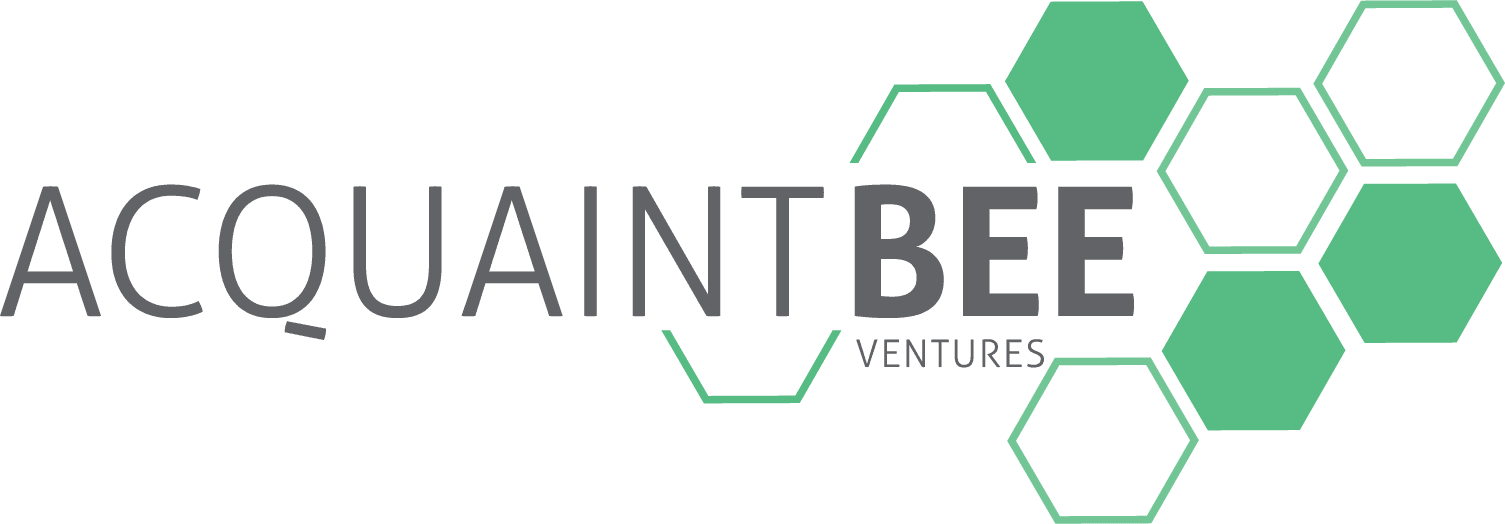Financial literacy requires utmost attention but unfortunately, it’s access has been neglected for the mass population. While the educational system emphasizes on offering business management and economics courses, they generally fail to generate awareness about financial literacy (unless specializing in personal finance). Furthermore, a dominant question arises, what about those who choose a different profession and subject to master? It is clearly evident, be it educated or less privileged individuals they both encounter paucity of financial literacy. Financial literacy needs to be seen through the lens as a life line to thrive and succeed. While individuals may consider financial literacy as a complex and complicated subject. Cultivating an open mind towards it can bring a significant shift in their mindset and belief system. Planning for their future and their future generations will evidently become plausible, less tedious and less nerve-racking. Getting acquainted with a few basic concepts can guide individuals towards worthwhile investments, prudent decisions and financial independence.
Individuals generally fail to reckon the actual process towards success i.e. financial literacy. The educational system proactively instills knowledge about financial statements like balance sheet (B/S), profit and loss statement (P/L) and cashflow statement with regards to how businesses utilize these to function in an efficient manner financially. However, they tend to overlook the fact that these concepts can be utilized in congruence for optimal personal financial planning. Moreover, it is equally imperative to absorb and analyze information related to debt management, interest rates, taxation, insurance and banking prior to making judicious and informed financial decisions. Acquiring and permeating knowledge about this subject reduces the financial vulnerability of individuals, assisting them to avoid wrong investments or financial decisions. They can ascertain between which asset class would be worthy of investment and escaping the vicious cycle of financial dilemma.
Let’s start with the balance sheet. The two critical headings that you need to take into consideration are ‘Assets and Liabilities’. This makes the job simpler towards attaining financial literacy, a solid foundation to last. Assets has different classes to it such as investing in stocks or shares, property, bonds, emerging and promising startup. Assets have the magical powers to generate money itself without requiring individuals to be reliant on a 9-5 job (passive investment). Individuals can develop knowledge about which asset class they wish to invest in and take guidance of a professional (eg: mutual funds or other investment institutions, however avoiding blind faith ) to make conservative investments with optimum returns. At the end the day you are earning money without being dependent only on your employment or profession. That’s the power of assets which leads to a mantra of financial literacy. However always make sure to invest in income generating assets as mentioned above. While liabilities are what we owe to the bank or any lender such as debt or repayment of loans. As the name goes they leak money out of the pocket.
Another tool to be laid emphasis on is the profit and loss statement. The two essential factors in this statement include income and expenses. Income for an employed individual will be his/her monthly salary. This salary will be partly divided under the label of savings and expenses. The cashflow here is simple, the individual will pay his expenses and also debt using his or her salary, leaving a significantly small amount to meet daily needs. However if this individual has invested in assets like stocks/shares, bond or real estate, the capital appreciation obtained via these assets can easily take care of their monthly or even yearly expenses and liabilities. The rest of the income can be invested in new assets to keep the cash flow cycle going. Investing in savings has become passé with the advance of negative interest rates in some parts of the world leading to nil interest on investment. Hence assets come to our rescue to progress further in life, plan for the future of our family.
Individuals may usually assume that their car is an asset, this is completely a misconception, it is in fact a depreciable asset. The car actually propels expenses and liabilities for its owner from the minute it is purchased eg: service and maintenance. Investing in a number of properties will be considered assets as they generate revenue from rent that can be later used to purchase more assets or merely pay debt or other liabilities. Subsequently investing in the stock market will amplify income for the individual via capital appreciation and dividends. Individuals do not to quit their jobs but can simultaneously invest their income into assets for a sustainable future. In fact firms offer all their employees shares of the company creating a new stream of income for them.
Today youth seeks instant gratification purchasing luxurious products or services via credit cards, oblivious to its dire consequences. Credit cards indeed lead to accumulation of hefty debts that is required to be paid by the bearer. They unfortunately are building a future swamped with debt and bad debt. However, a lucrative technique to fulfill these gratifications is via our friend financial literacy. How does this sound? Your assets have the supreme power to fund your wishes, desire and ambitions, preventing debt hence having miniscule chances of you living a debt laden life.
It is absurd that even the most qualified and educated professionals like doctors, engineers, scientists, writers and artists, fail to comprehend the pivotal role of financial literacy in their lives. Ultimately it is what leads to financial success and soundness. The less disadvantaged are completely deprived the access to financial literacy. Albeit the government should take steps to incorporate financial literacy as a compulsory subject in the educational curriculum. Hence no matter what career one chooses they will be enriched and empowered with the most essential life skill. In addition NGO’s should place financial literacy at the forefront of their skilling programs for youth providing them with the opportunity of social mobility. Corporates can too initiate training programs on financial literacy for their employees aiding them to plan their personal finances for their future. Parents are required to distill ideas of financial literacy in their children’s mind at an early age so can make seamless decisions in the future.
Acquiring financial literacy can be challenging for those who lack business sense but it is an inevitable skill to ignore for a care free future. Individuals can build up knowledge about financial literacy by reading books, attending seminars related to financial literacy or networking. Once one attains knowledge about the subject they have the ability to pass it down to their children and spread the word amongst their networks benefitting a larger audience. After all a financially literate world will lead towards progression and success.


